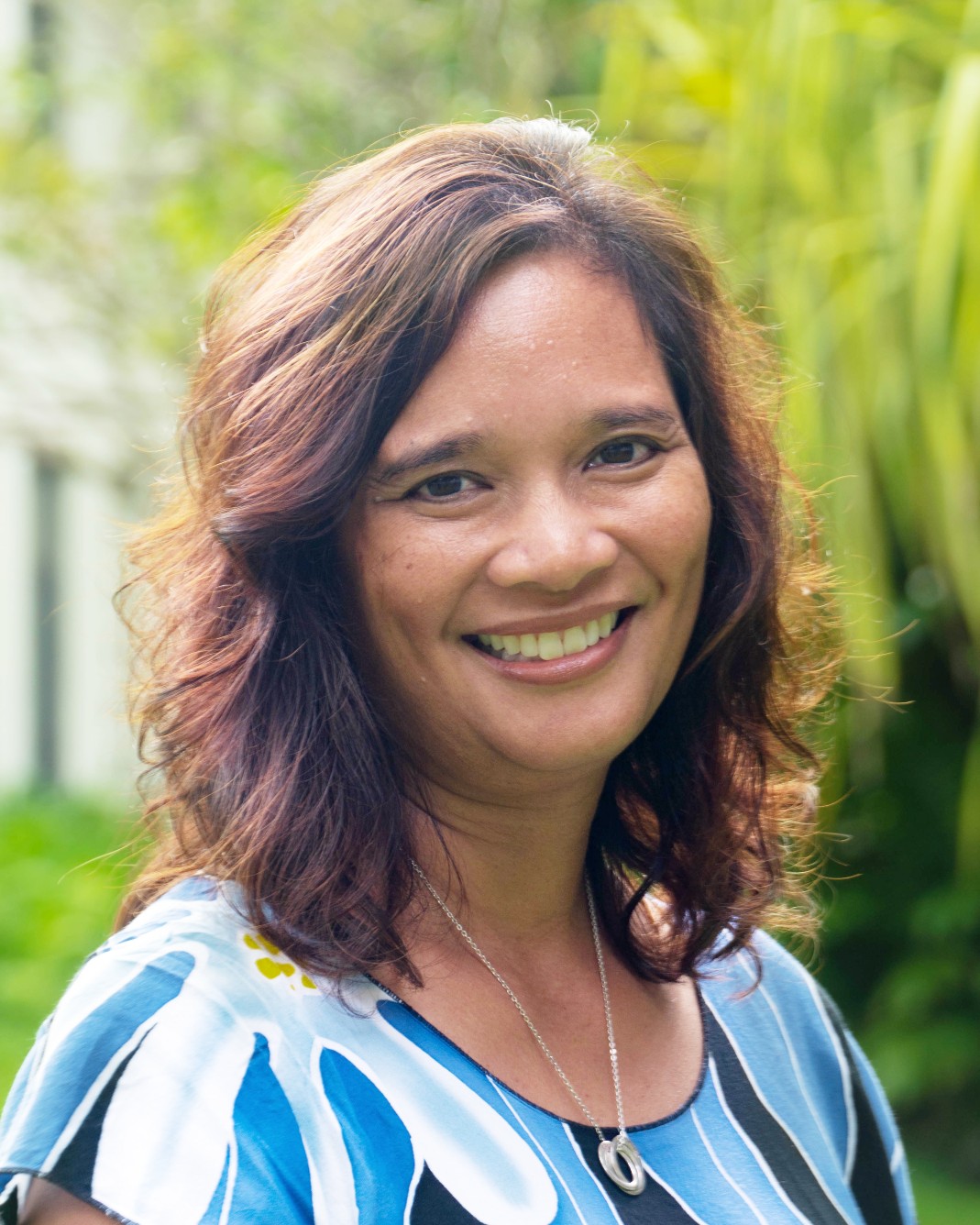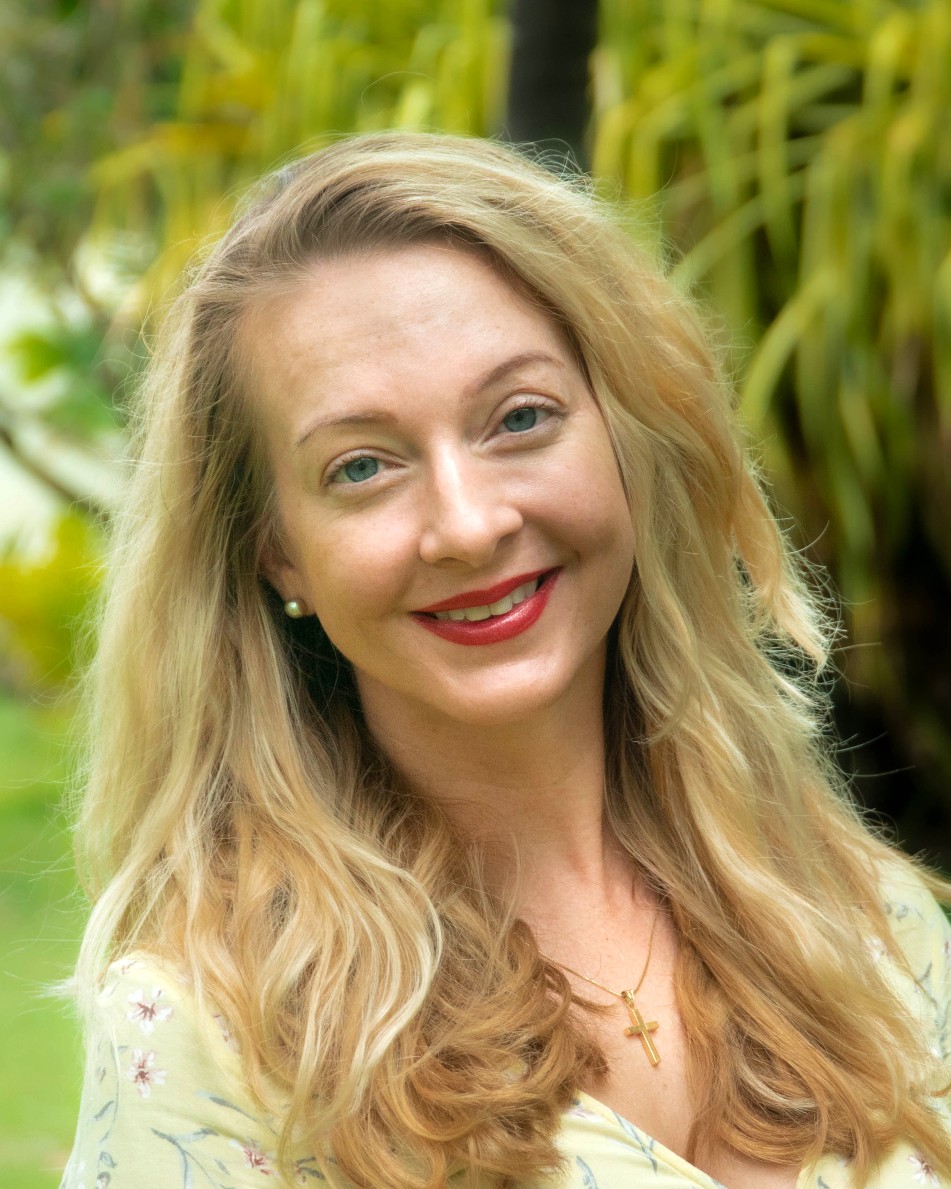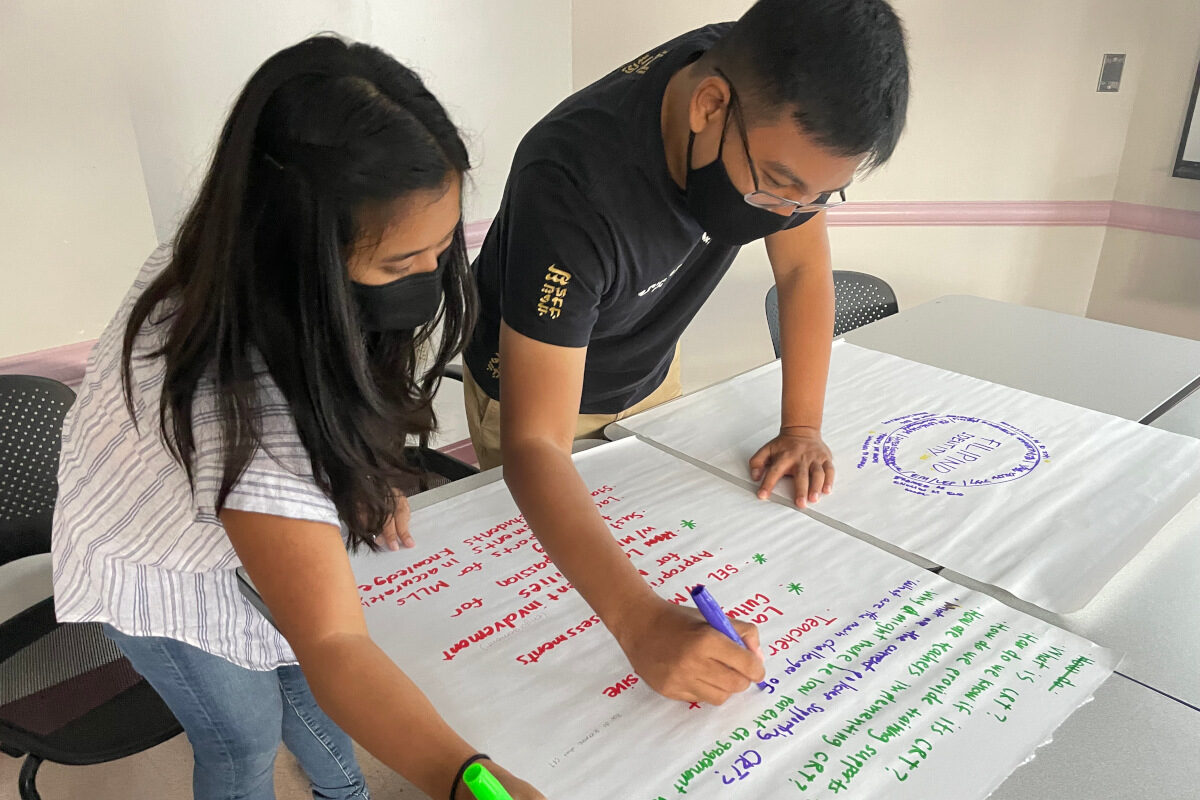TESOL Licensure Add-a-field
MMPP Graduate Certificate
Typical Length 1 year
Delivery Hybrid
Add a Field
HIDOE Funding available
The University of Hawaiʻi at Mānoa College of Education, College of Arts, Languages & Letters, and the Hawai’i Department of Education (HIDOE) are partnering to offer the Graduate Certificate in Multilingual Multicultural Professional Practice (MMPP)/ TESOL Licensure FREE to HIDOE Educators. All program costs will be funded by the HIDOE.
A key goal of the MMPP/TESOL Licensure program is to increase the number of Hawaii qualified Teaching English to Speakers of other Languages (TESOL) educators within the Department. This program is a one (1) year, 15 credit, hybrid program starting January 2024.
Students who complete the program will be able to:
- Critically analyze multilingual and multicultural contexts in Hawaiʻi;
- Identify needs in the school community, apply practical multilingual/EL strategies, and create solutions and programs; and
- Evaluate impacts of work with multilingual and multicultural communities to support a flourishing, sustainable, multilingual, and multicultural society.
Students may be eligible to add a TESOL (Teaching English to Speakers of Other Languages) Licensure Add-a-Field to their existing Hawaiʻi state teaching license upon the successful completion of the Multilingual Multicultural Professional Practice Graduate Certificate MMPP. For educators wanting a TESOL Licensure Add-a-Field, they will take the following set of five professional courses below, which are aligned to the TESOL International Association P-12 Teacher Education Program Standards.
Grounded in place-based education, MMPP coursework are also aligned to the Hawai‘i Department of Education Nā Hopena A‘o (HĀ and BREATH, Policy E-3), a Hawai‘i Department of Education “framework of outcomes designed to develop the skills, behaviors and dispositions that are reminiscent of Hawai‘i’s unique context, and to honor the qualities and values of the indigenous language and culture of Hawai‘i.” Nā Hopena A‘o is based on the following BREATH framework: Belonging, Responsibility, Excellence, Aloha, Total Well-being and Hawai‘i.
Learn more about the Multilingual Multicultural Professional Practice (MMPP) Graduate Certificate program.



